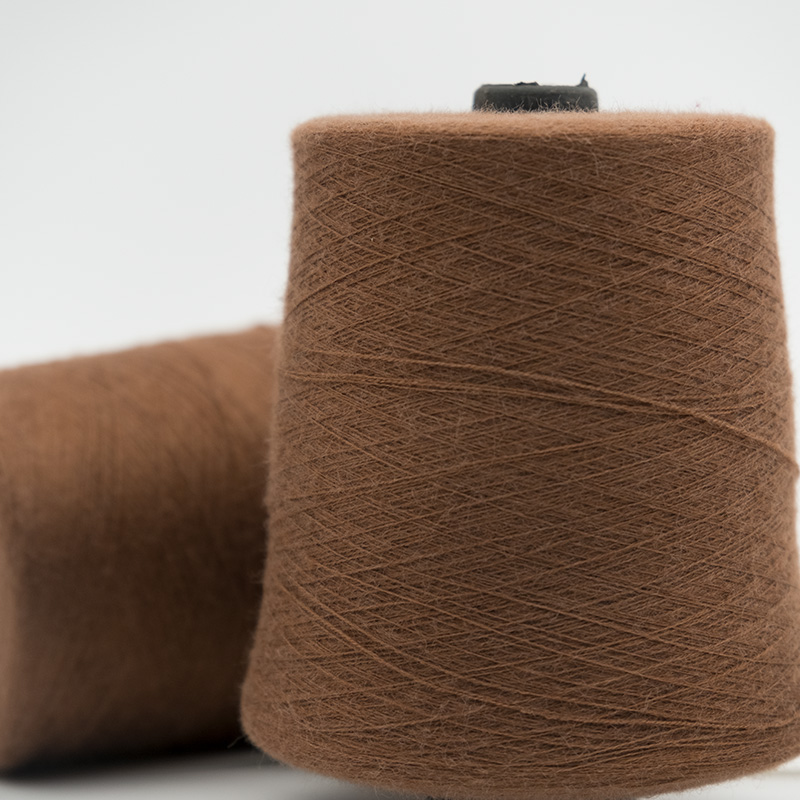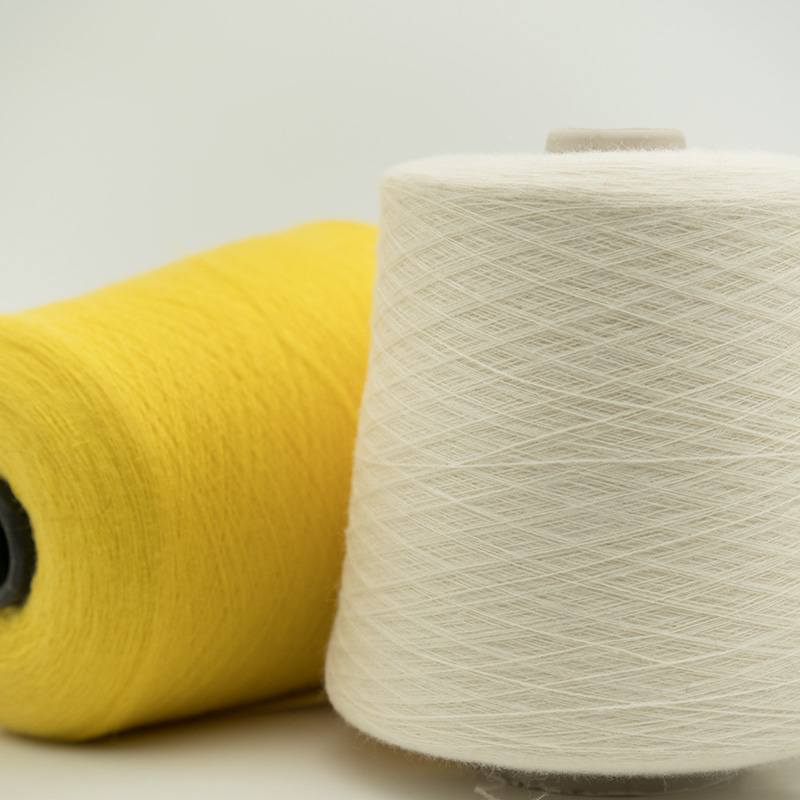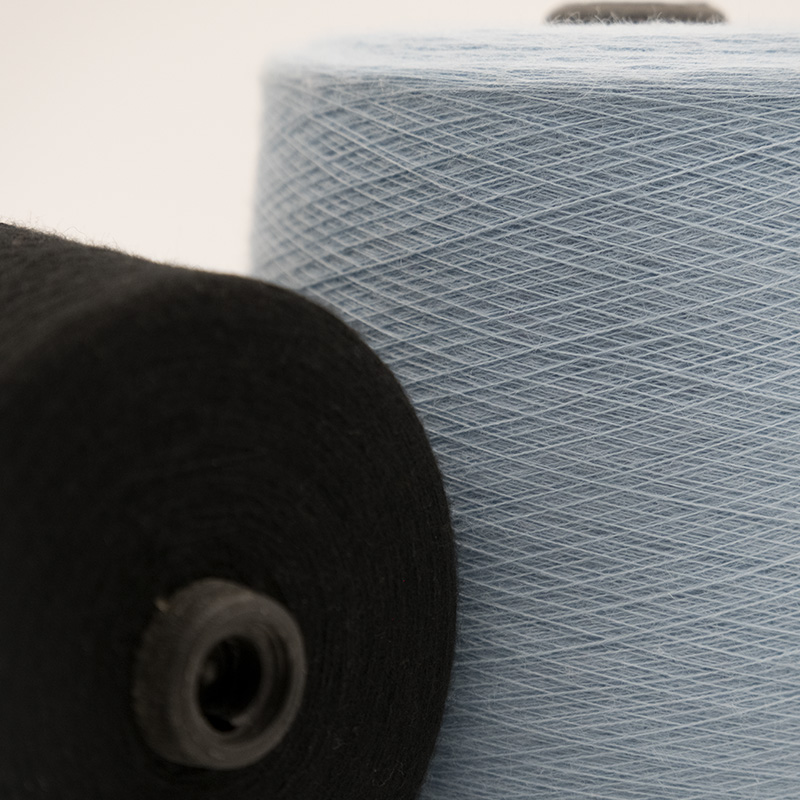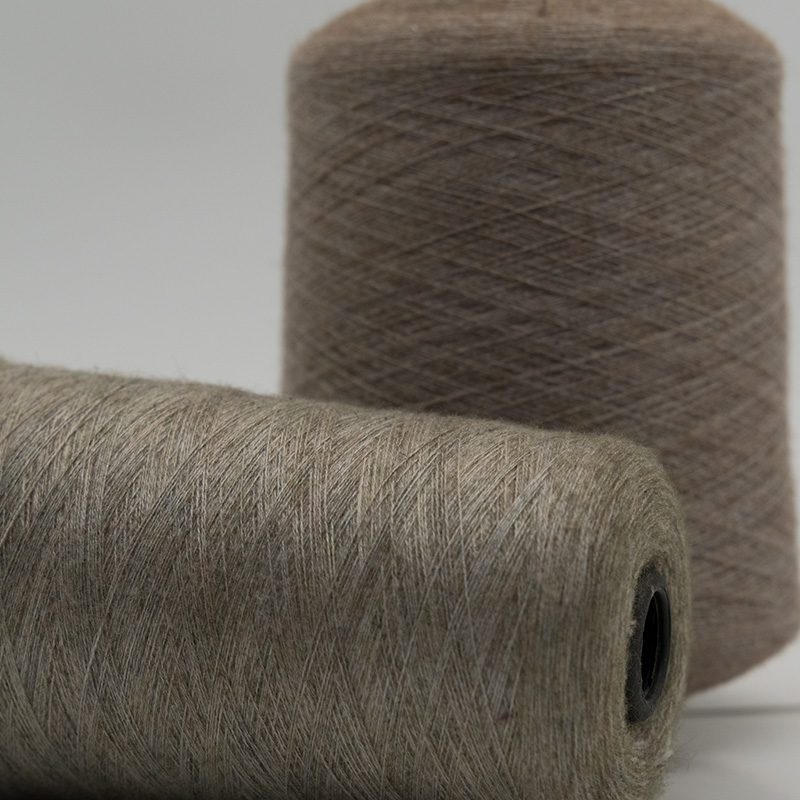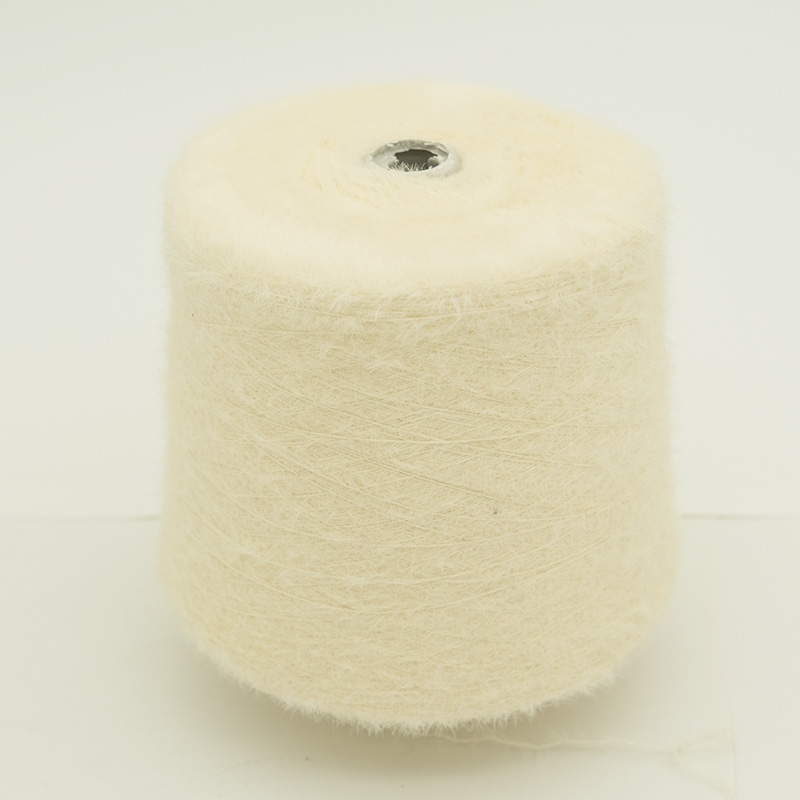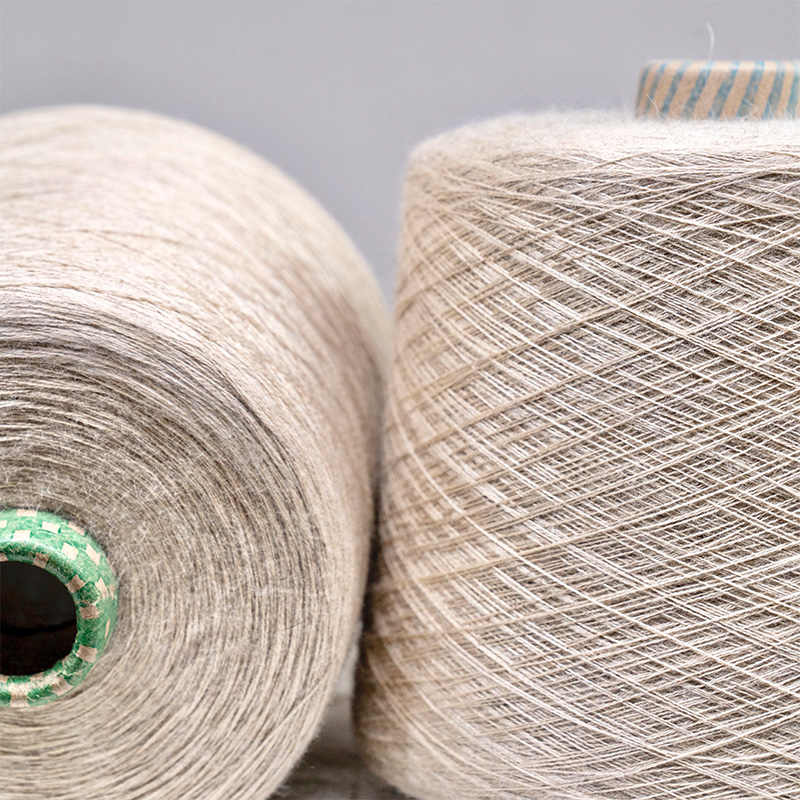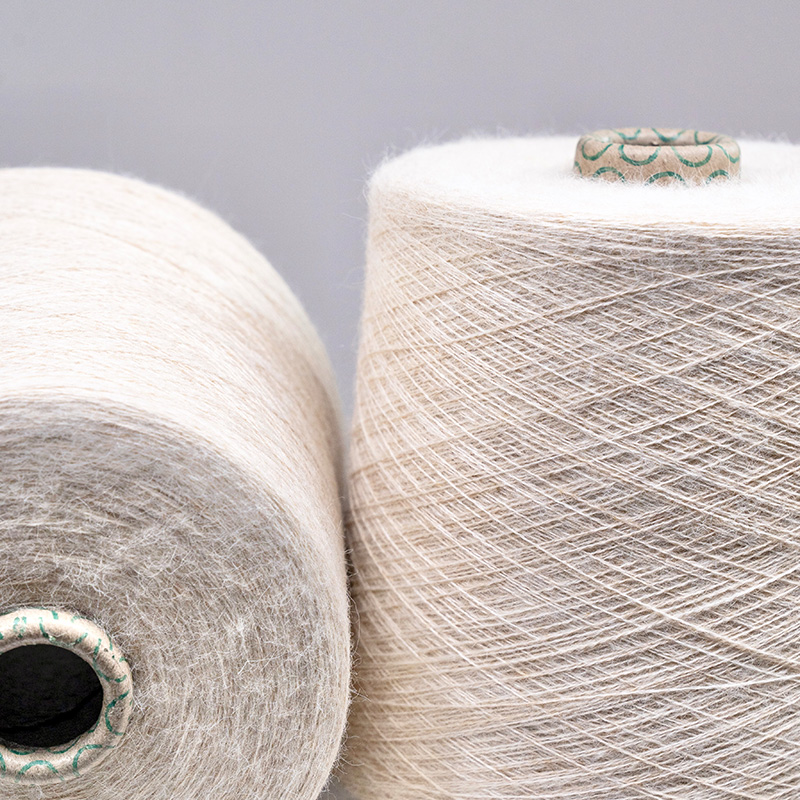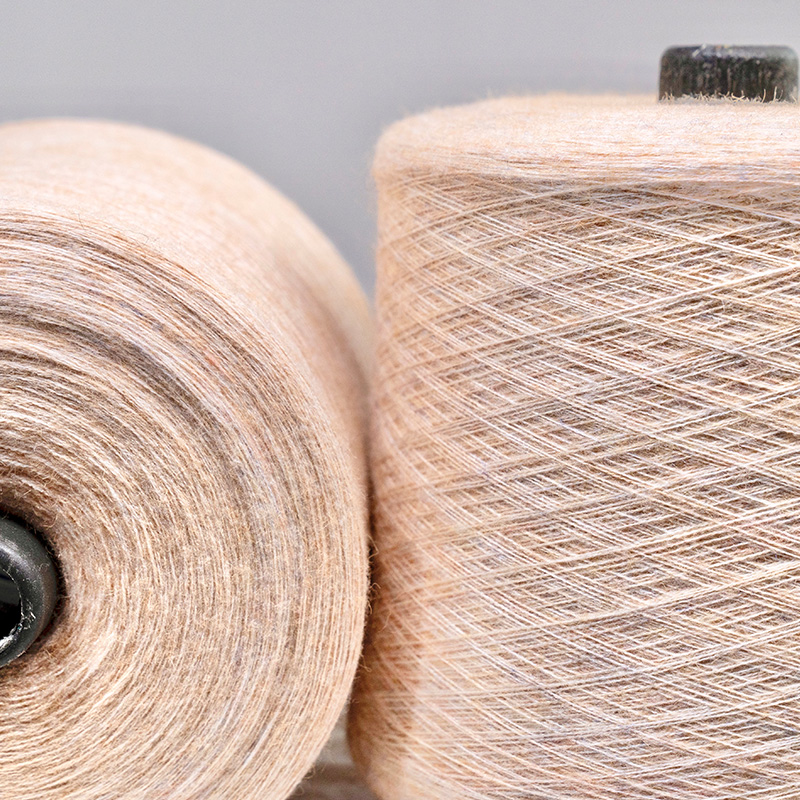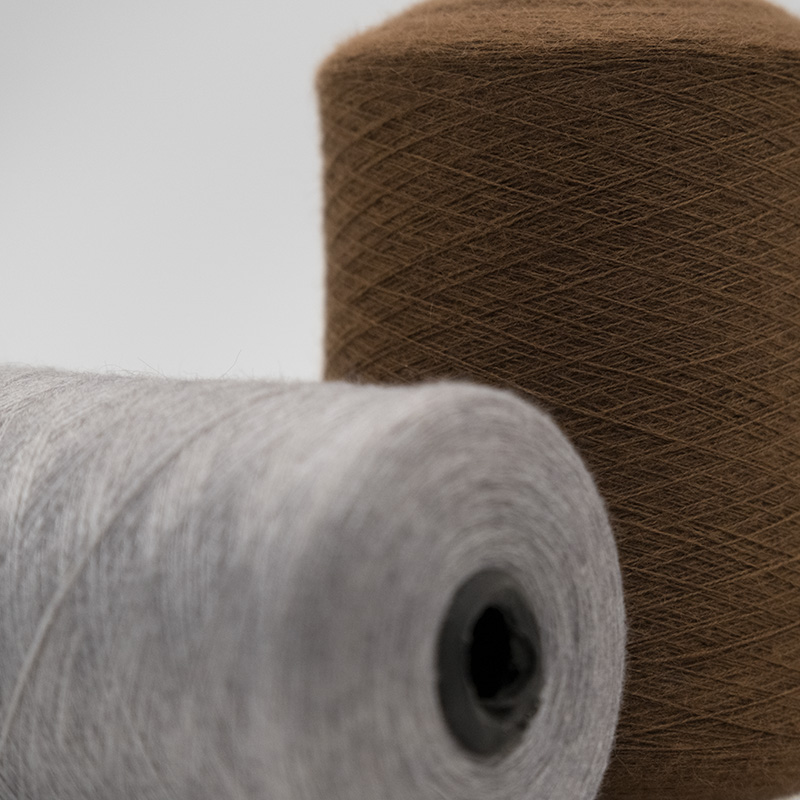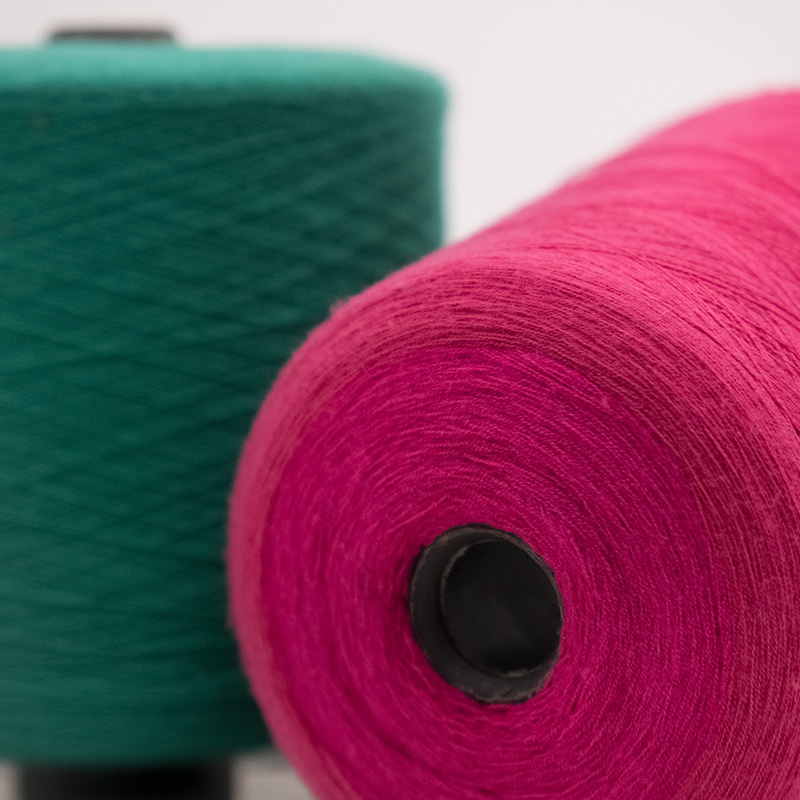What is a Mechanical Sewing Machine? In-Depth Guide & Features Explained
2025-09-19
1. What is a Mechanical Sewing Machine?
A mechanical sewing machine is a traditional type of sewing machine powered by a hand or foot pedal, which manually operates the internal mechanisms. These machines function by controlling the movement of the needle through a manual interface, usually consisting of knobs, dials, and a foot pedal. Mechanical sewing machines are known for their straightforward designs, which typically feature a limited range of pre-set stitch patterns. The operator controls the speed, stitch length, and other settings through the use of mechanical adjustments.
Unlike computerized sewing machines, which rely on an internal processor and often come with numerous built-in stitch options and automated features, a mechanical machine gives the user direct control over every aspect of the sewing process.
2. How Do Mechanical Sewing Machines Work?
The operation of a mechanical sewing machine is grounded in simple yet effective mechanical systems. The basic working principle involves the movement of the needle and the fabric through a combination of gears, cams, and a drive mechanism. Here's a breakdown of how they function:
Manual Control: You control the stitch settings using dials or knobs. For example, adjusting the stitch length or tension is done manually.
Pedal Operation: Most mechanical sewing machines use a foot pedal for speed control. The faster you press the pedal, the faster the machine operates.
Needle Movement: As the machine runs, the needle moves up and down through the fabric, creating stitches. This is driven by a system of gears and cams.
Feed Dogs: The fabric is moved forward using feed dogs, which are small metal teeth that pull the fabric under the needle to create even stitches.
3. Key Components of a Mechanical Sewing Machine
A mechanical sewing machine is composed of several essential components that work together to ensure smooth operation:
Needle: The needle pierces the fabric to form stitches. The size of the needle can be adjusted depending on the fabric type.
Bobbin: The bobbin holds the lower thread. It is located beneath the needle plate and works in coordination with the needle to form stitches.
Feed Dogs: These small metal teeth push the fabric forward as you sew. The feed dogs' movement is synchronized with the needle's up-and-down motion.
Tension Mechanism: This controls the tightness of both the top and bottom threads, ensuring the stitches are balanced.
Stitch Length Dial: Allows you to adjust how long or short the stitches should be, depending on the fabric and project.
Stitch Pattern Selector: Many mechanical sewing machines come with a dial that lets you choose from a limited number of stitch types, such as straight, zigzag, and other basic patterns.
4. Advantages of Using a Mechanical Sewing Machine
Mechanical sewing machines offer several benefits that make them a popular choice for both beginners and seasoned sewers alike:
Simplicity and Control: Mechanical sewing machines allow users to have direct control over the sewing process. With fewer automated functions, there's a learning curve, but once you master the machine, you can sew with precision.
Durability: Mechanical sewing machines are built with a focus on longevity. With fewer electronics involved, they are less prone to failure and can last for years with proper maintenance.
Cost-Effective: Mechanical models are generally less expensive than their computerized counterparts, making them an attractive option for budget-conscious buyers.
Fewer Malfunctions: Since they rely on basic mechanical components, there’s less risk of technical failure, and repairs are usually easier and cheaper.
Portability: Many mechanical sewing machines are lighter and more compact than computerized ones, making them easier to transport and store.
5. Limitations of Mechanical Sewing Machines
While mechanical sewing machines offer numerous advantages, they do have some limitations:
Limited Stitch Options: Most mechanical machines offer only a handful of basic stitch patterns. If you're looking for highly intricate or decorative stitches, you may need to consider a computerized model.
Manual Adjustments: You must manually adjust the tension, stitch length, and other settings, which might be time-consuming for beginners.
No Automation Features: Unlike computerized machines, mechanical machines don’t have automatic thread cutters, built-in embroidery features, or other advanced functionalities.
6. Who Should Use a Mechanical Sewing Machine?
Mechanical sewing machines are ideal for:
Beginners: If you are just starting out in the world of sewing, a mechanical machine provides an excellent learning platform. The simplicity of the machine makes it easier to understand the basic principles of sewing.
Hobbyists and Crafters: If your projects mostly involve simple stitching, hemming, or quilting, a mechanical machine is likely all you need.
Budget-Conscious Sewers: Those who want a reliable sewing machine without breaking the bank will find that mechanical models offer great value.
Sewers Seeking Durability: If you're after a long-lasting machine that doesn't require complex repairs or digital upgrades, a mechanical sewing machine fits the bill.
7. Maintaining Your Mechanical Sewing Machine
To keep your mechanical sewing machine in top condition, follow these maintenance tips:
Regular Cleaning: Dust and lint can accumulate inside the machine, causing problems. Clean the machine regularly using a brush or vacuum.
Oiling: Some models require occasional oiling of their moving parts to maintain smooth operation.
Thread Replacement: Use high-quality thread and replace it when it becomes worn out.
Check Tension: Ensure the tension settings are correct for different fabrics and thread types to avoid stitch problems.
8. Conclusion: Is a Mechanical Sewing Machine Right for You?
In the world of sewing, mechanical sewing machines remain a reliable choice for many. They offer a perfect balance of simplicity, durability, and affordability. While they may not offer the bells and whistles of computerized models, their timeless appeal lies in their straightforward functionality and the control they give users over their sewing projects.
If you value ease of use, longevity, and cost-effectiveness, a mechanical sewing machine could be the right tool for your sewing needs. Whether you’re just starting your sewing journey or looking for a durable machine for everyday use, mechanical machines are a solid investment.
Final Thoughts:
If you have specific sewing needs or if you're looking to dive deeper into advanced stitching techniques, you may want to explore other options. However, for everyday projects and learning the basics, mechanical sewing machines are a dependable and classic choice that will continue to serve you for years to come.



 English
English русский
русский Español
Español 中文简体
中文简体

